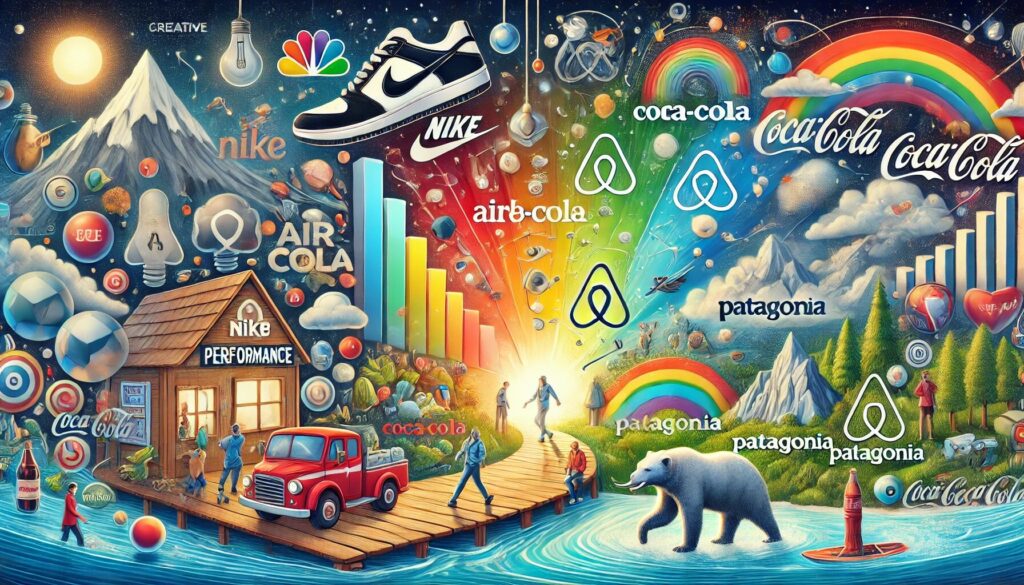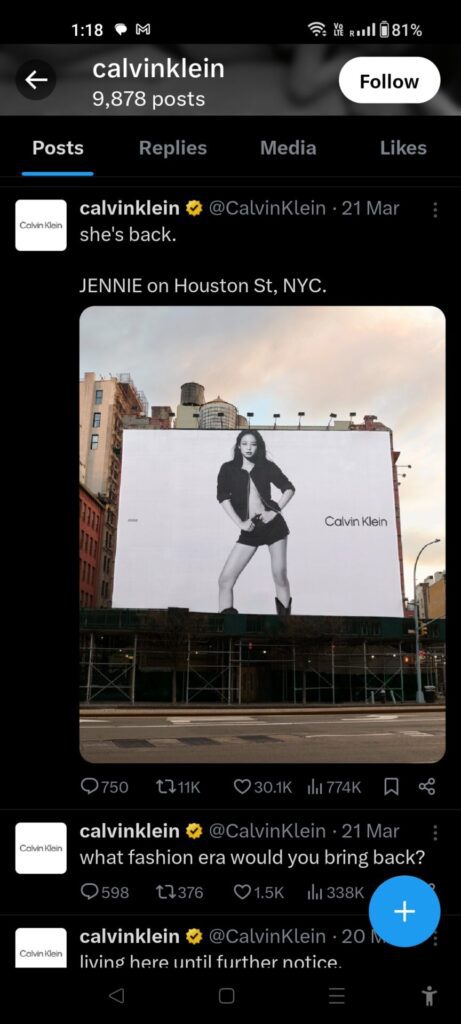The Uneasy Truce: Google Search on Apple Products

It would seem that the Google and Apple tie-up was more than just a win-win; it was also akin to an uneasy marriage of convenience.
Safari on Macs, iPads, and iPhones uses Google as its default search engine, and Google pays Apple billions of dollars a year to keep it that way. Google reportedly paid Apple “around $19 billion” in 2022, according to a story in the New York Times.

- Historically, Apple has been prevented from developing its search engine due to the substantial financial backing that Google enjoys in exchange for prominent placement on Apple products. Apple had thought of acquiring Bing or building search engines on its own but feared losing the deal with Google if it competed with Google
- Another reason why Apple maintained the partnership is because, among other things, Google’s departure would pose problems. By promoting Chrome and the Google app via its immensely popular applications like Gmail, Maps, and YouTube, Google might entice users away from Safari and undermine the worth of Apple’s agreement with any competing search engine.
- When the functionalities of Apple’s built-in Spotlight function became better, Google reportedly sought methods to undermine Spotlight by including a feature comparable to it in Chrome. This feature “presented users with quick facts and information from files, messages, and apps on the device.
- Google may provide a superior user experience. Safari, one of the most widely used online browsers, uses Google as its default search engine. Apple strives to provide its users with a pleasant and easy-to-use experience, whereas Google is renowned for providing thorough and relevant search results. Apple gives its customers access to a trusted and extensively utilised search platform by making Google the default search engine.
The default search engine is one of several device settings that many users seldom alter. Being the default choice makes Google’s search engine more appealing to consumers, who are more likely to stick with it instead of looking for alternatives.
It would seem that the Google and Apple tie-up was more than just a win-win; it was also akin to an uneasy marriage of convenience.



